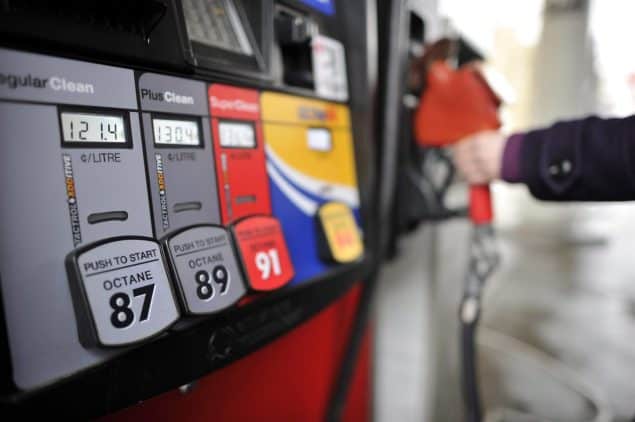National interest? It all depends on the country…
It’s interesting to see the different interpretations of what is in a country’s “national interest.”
I guess it depends on which country we’re talking about.
By an accident of geography, we are the northern neighbours to the world’s largest producer and consumer of crude oil and derived products. Neighbours, in most instances, are obliged to be, well, ummm… neighbourly. There are times when the obligatory “how’s it going?” greeting switches to “what do you think you’re doing?” which is where we are right now with the current U.S. administration’s hypocritical positioning on pipelines.
It seems that it depends on just where these energy conduits are located, who benefits, and how fast a politician can slam a decision in reverse to further his or her presence on the stage of “national interest.”
In March of this year, the newly minted U.S. President Joe Biden used sanctions to red light a natural gas pipeline that was to run from Russia to Germany on the grounds that the line was a Russian geopolitical move designed to weaken European energy security.
This week, in talks with Russian president Vladimir Putin, president Biden switched the light to green and dropped the sanctions saying it was in the national interest of the U.S. to restore and build a relationship with its long time ally, Germany.
In January of this year, the same new president clubbed the XL pipeline to the ground to reinforce his stand against fossil fuels in general, and the XL pipeline in particular.
Somehow in the logic bowl of mixed cereals, the cancelling of the XL must have meant that this decision would not affect U.S. energy security even though Canada is its largest supplier of crude.
What was missed though is that the opposite is true, in fact, the XL would enhance the country’s energy security and job security for thousands of American and (oh yeah) Canadian workers in the oil and gas industry.
I get the distinct impression that the U.S. president is of the opinion that the XL is more important to Canada than the US of A.
The same logic may be true in the Line 5 mess we’re going through as closure of this line would be more of a problem for the Sarnia and Montreal refineries.
It will be, and is, a problem for Prime Minister Justin Trudeau who somehow can’t see that shutting down Line 5 would be a violation of the 1977 Pipeline Transit Treaty signed by his father and Jimmy Carter when President Biden was a congressman.
What our PM also can’t see is that the solution is a Canada only pipeline, which is what Energy East was supposed to be, and still can be.
All I would change if the line were approved and construction finalized is that we change the name to the Canadian Shield Line and ensure we stand behind that shield and not let our neighbour stand in front of it.
It’s in our national interest, that is, if anyone in Ottawa is interested.
– Roger McKnight – B.Sc., Senior Petroleum Analyst








Add comment